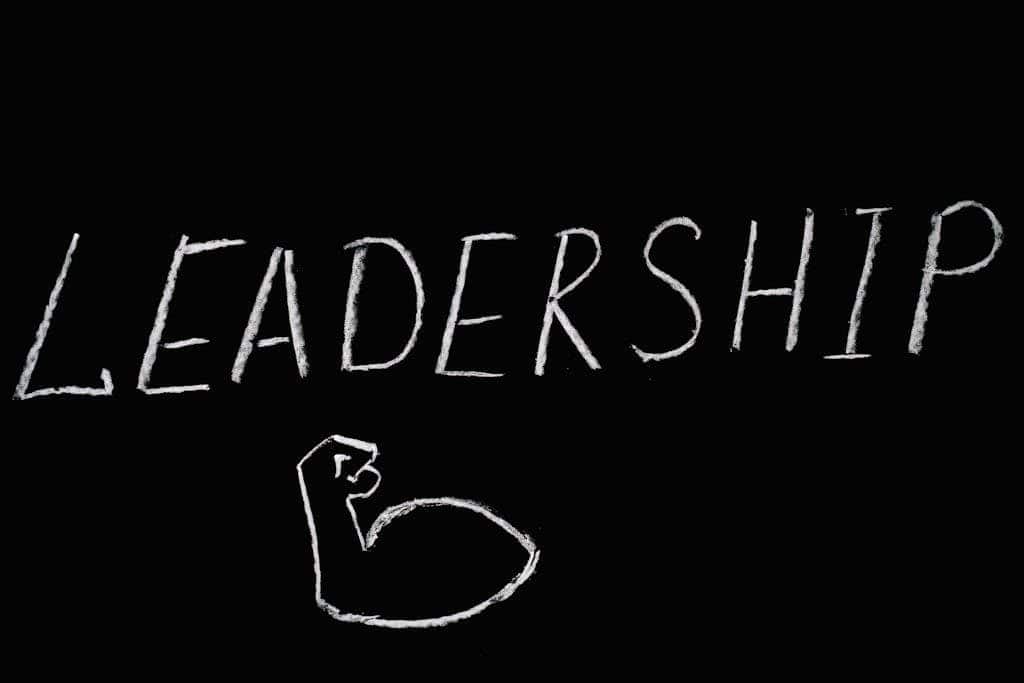Leadership is an essential quality that can significantly influence one’s personal and professional life. Even if you’re not in a formal leadership position, developing leadership skills can enhance how you interact with others and manage your own life. Books are a fantastic resource for gaining leadership insights and learning from the experiences of others. In this article, we’ve curated a list of the best leadership books for personal growth.
Why Leadership Books Matter
- Personal Development: Leadership books provide insights that help you grow personally and professionally.
- Inspiration: These books often share the journeys of successful leaders, offering encouragement and motivation.
- Skill Enhancement: Learn practical tools and strategies to improve your leadership abilities.
- Avoid Mistakes: Gain the wisdom to navigate challenges more efficiently.

What are the Top Leadership Books for Personal Growth?
1. “Dare to Lead” by Brené Brown
Focus: Embracing vulnerability and courageous leadership.
Summary: Brené Brown teaches the power of vulnerability in leadership. She argues that courageous leadership requires embracing vulnerability, practicing empathy, and building trust.
Key Takeaways:
- Building Trust: Develop trusting relationships by being authentic and transparent.
- Leading with Empathy: Understand and support team members through empathetic actions.
- Cultivating a Culture of Bravery: Encourage risk-taking and innovation by creating a safe environment for vulnerability.
Expansion: Brené Brown uses compelling research and storytelling to illustrate how vulnerability underpins courageous leadership. With practical exercises and actionable advice, she guides leaders on how to foster a culture where everyone can thrive. Brown emphasizes that successful leaders are those who lead from the heart, showing genuine concern for their teams and boldly tackling tough conversations.
2. “Leaders Eat Last” by Simon Sinek
Focus: The importance of leadership and creating a supportive team environment.
Summary: Simon Sinek delves into how great leaders create trust and cooperation within teams. He discusses the importance of prioritizing the well-being of team members.
Key Takeaways:
- Building Trust: Create environments where team members feel safe and valued.
- Fostering Teamwork: Promote collaboration and mutual support within the team.
- Impact of Leadership on Organizational Success: Leaders who put their team’s needs first drive higher performance and loyalty.
Expansion: In his book, Sinek presents compelling case studies from various organizations, showcasing leaders who have created a “Circle of Safety” around their teams. He explains that when people feel protected by leadership, they are more likely to share ideas, take risks, and collaborate effectively. Sinek’s insights help leaders understand the deeply human aspects of leadership and the importance of nurturing trust through consistent actions.
3. “The 7 Habits of Highly Effective People” by Stephen R. Covey
Focus: Foundational habits for personal and professional effectiveness.
Summary: This classic book introduces seven habits that are essential for personal and professional effectiveness. Covey emphasizes character ethics over personality ethics, encouraging a principle-centered approach.
Key Takeaways:
- Proactivity: Take responsibility for your actions and outcomes.
- Begin with the End in Mind: Define clear goals and visions.
- Prioritization: Focus on the most important tasks first.
- Continuous Improvement: Regularly renew and enhance your capabilities.
Expansion: Covey’s timeless principles serve as a roadmap for anyone looking to enhance their effectiveness. Each habit is accompanied by practical advice, real-world examples, and thought-provoking exercises. Covey stresses the importance of aligning one’s life with timeless principles like fairness, integrity, and justice. By internalizing these habits, individuals can achieve a more balanced, fulfilling life.
4. “Start with Why” by Simon Sinek
Focus: Discovering and articulating your purpose as a leader.
Summary: Simon Sinek explores the power of asking “why” to inspire and lead authentically. He presents the idea that successful leaders and organizations start by focusing on their core purpose, cause, or belief.
Key Takeaways:
- The Importance of ‘Why’: Understand the core purpose behind actions.
- Inspiring Others: Motivate and engage people by communicating a clear vision.
- Leading with Purpose and Conviction: Align actions and strategies with foundational beliefs.
Expansion: Through inspiring stories and real-world examples, Sinek demonstrates how leaders who start with “why” are able to foster deeper connections and loyalty. Companies like Apple and individuals like Martin Luther King Jr. are cited to illustrate the profound impact of having a clear purpose. Sinek provides actionable steps on how to uncover your own “why” and leverage it to drive meaningful work.
5. “Good to Great” by Jim Collins
Focus: Transforming good companies into great ones through effective leadership.
Summary: Jim Collins explores why some companies transition from being good to great and others do not. The book identifies key principles and practices that contribute to greatness.
Key Takeaways:
- Level 5 Leadership: Combine personal humility with professional will.
- Disciplined Thought: Face the brutal facts while retaining unwavering faith.
- Culture of Discipline: Fostering a disciplined environment where people take disciplined actions.
Expansion: Collins’ extensive research uncovers the core qualities that differentiate great companies. He introduces the concept of Level 5 Leadership, a unique blend of humility and determined resolve. By cultivating disciplined people, thought, and actions, organizations can systematically outperform their competitors. Collins’ insights offer a blueprint for leaders aiming to elevate their organizations from mediocrity to excellence.
6. “Leadershift” by John C. Maxwell
Focus: Adapting and evolving leadership styles for modern challenges.
Summary: John C. Maxwell provides strategies for leaders to remain relevant and effective in a fast-changing world. He advocates for continuous learning and flexibility in leadership approaches.
Key Takeaways:
- Growth Mindset: Embrace change and seek continuous improvement.
- Agility in Leadership: Develop the ability to pivot and adapt quickly.
- Strategic Thinking: Enhance skills in foresight and planning.
Expansion: Maxwell offers practical advice for making the necessary shifts in thinking and approach to stay effective. Each chapter focuses on a specific “leadershift,” such as shifting from soloist to conductor or from goal-oriented to growth-oriented. With real-life examples and Maxwell’s signature wisdom, the book serves as a guide for leaders to navigate dynamic environments successfully.
7. “The Leadership Challenge” by James Kouzes and Barry Posner
Focus: Real-world leadership practices and principles.
Summary: Kouzes and Posner provide five fundamental practices of exemplary leadership. They use data and personal stories to illustrate how effective leaders inspire and guide their teams.
Key Takeaways:
- Modeling the Way: Set an example by aligning actions with shared values.
- Inspiring a Shared Vision: Envision the future and enlist others in the vision.
- Enabling Others to Act: Foster collaboration and strengthen others.
- Encouraging the Heart: Recognize contributions and celebrate accomplishments.
Expansion: Based on decades of research, Kouzes and Posner share practical strategies for implementing their five practices. The book includes exercises, stories, and takeaways that leaders can apply immediately. The emphasis is on authentic leadership and developing strong, trust-based relationships with followers. By focusing on these core practices, leaders can effectively guide their teams to achieve extraordinary results.

How to Choose the Right Leadership Book
- Identify Your Goals: Determine what you hope to achieve by reading a leadership book.
- Read Reviews: Look at reviews and ratings to gauge effectiveness.
- Author Credibility: Consider the background and expertise of the author.
- Book Format: Choose a format that fits your lifestyle (e.g., audiobook, e-book, paperback).
Conclusion
Whether you’re an aspiring leader or seeking to enhance your current leadership skills, these books offer valuable insights and practical guidance. Dive into each one to find the inspiration and tools you need for personal growth and leadership development.





One Comment
Comments are closed.